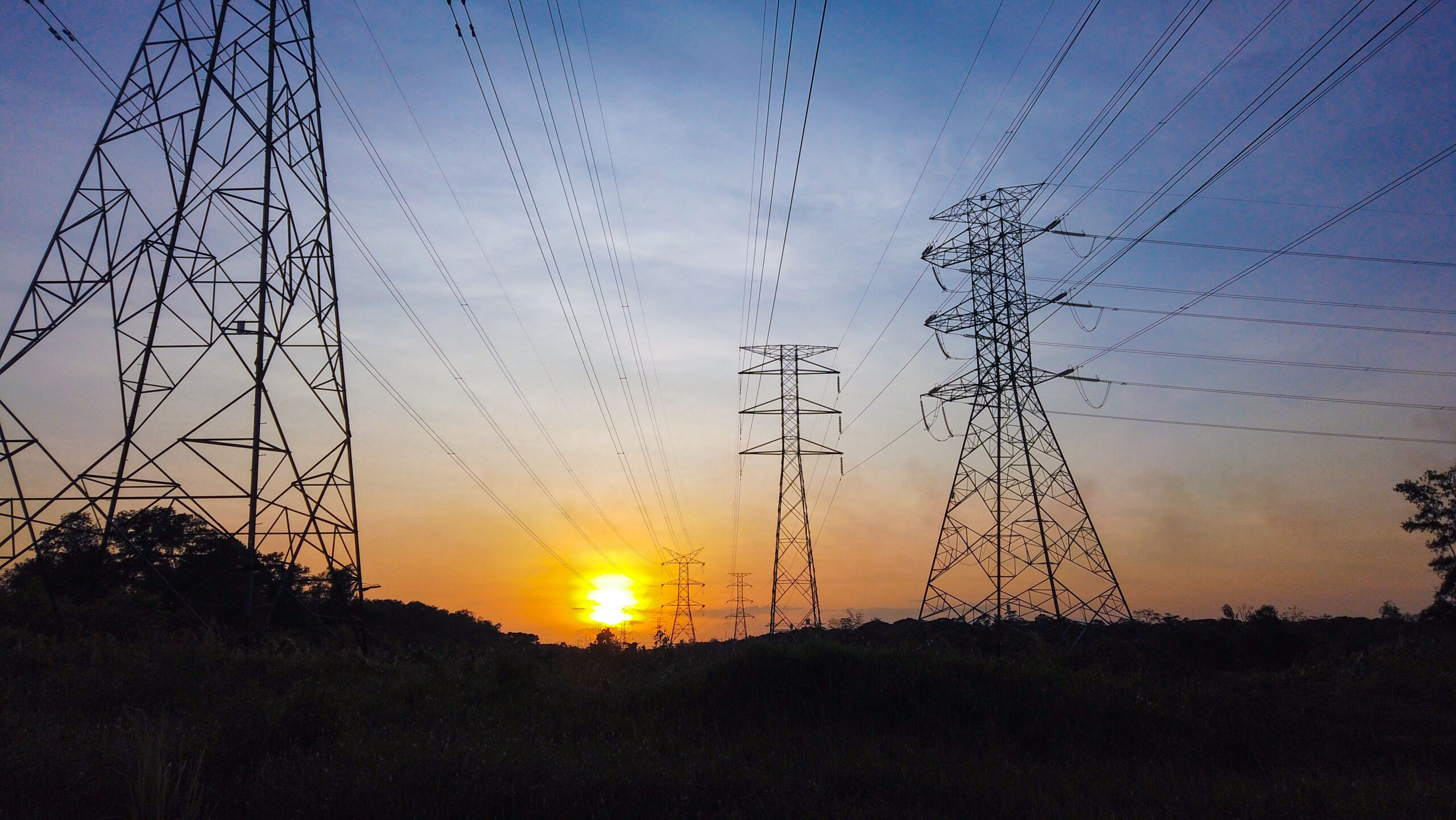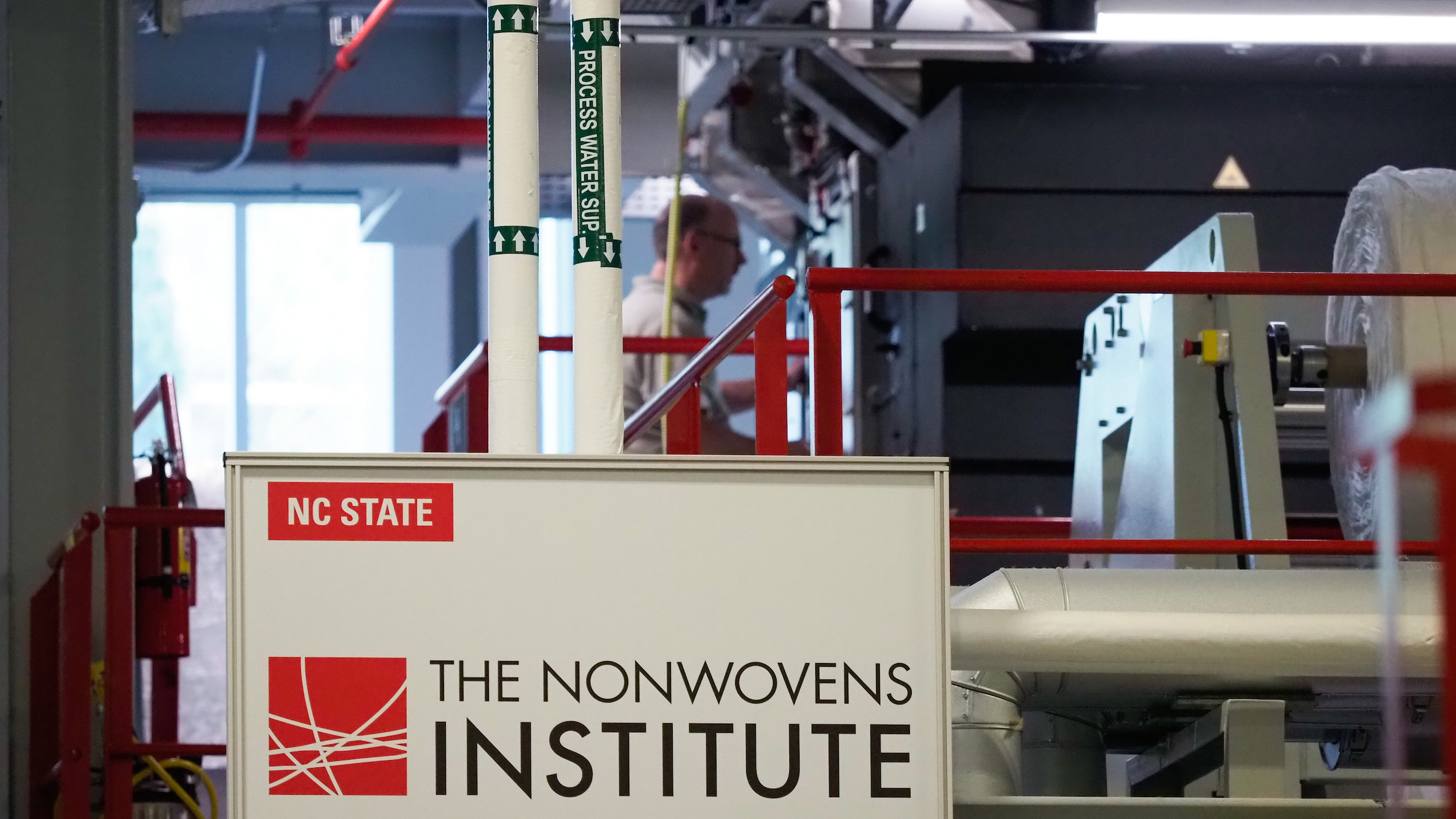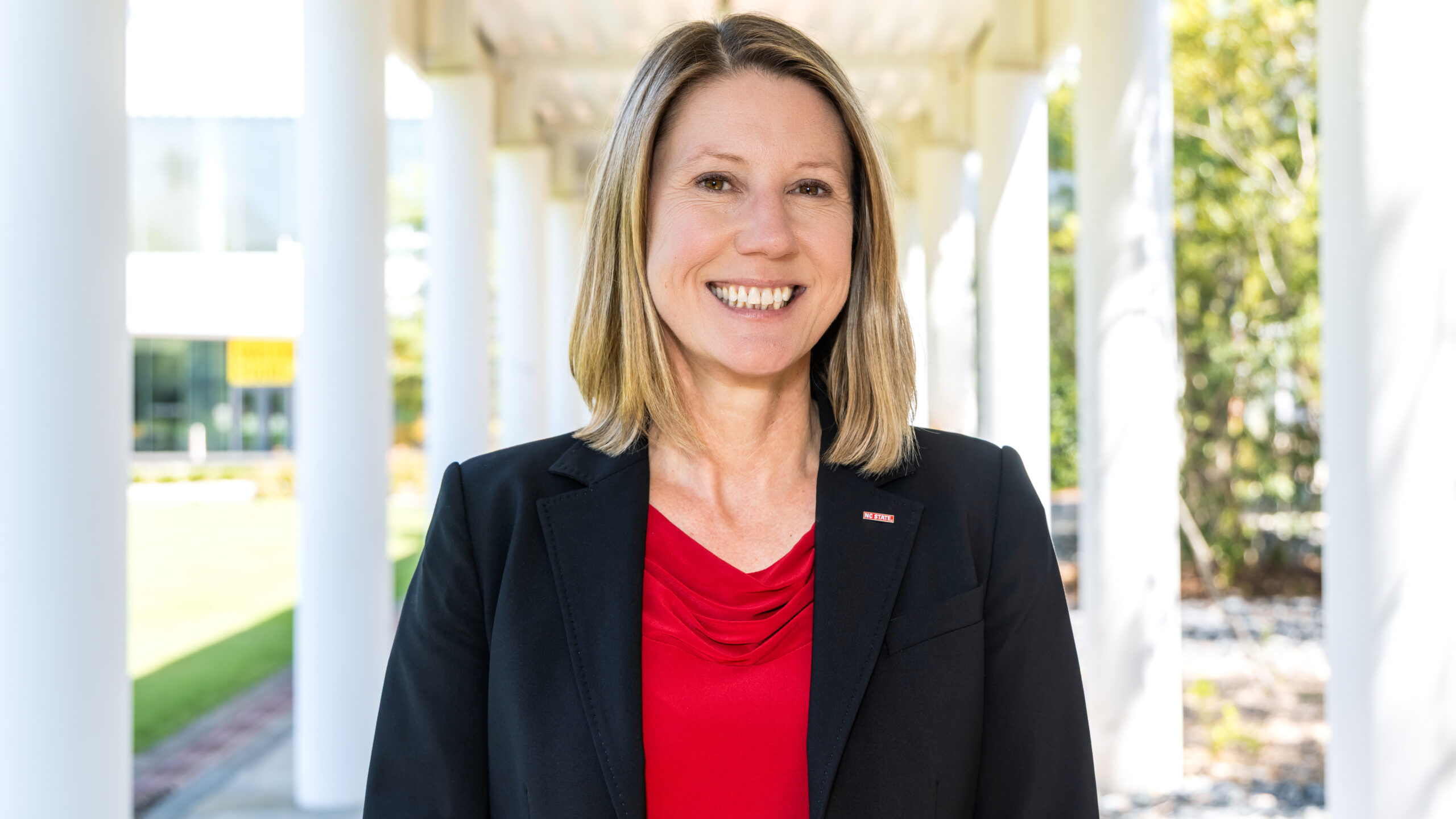PowerAmerica Receives $5M NIST Grant to Help Native American Communities Better Prepare for Future Pandemics and Emergencies
NC State University’s PowerAmerica Institute — which focuses on next-generation efficient energy technologies, namely wide-bandgap semiconductors — will work closely with Navajo Technical University, Sandia National Lab and Native colleges to help these communities better prepare for future disasters and emergencies.

NC State University has been awarded a $5 million grant from the National Institute of Standards and Technology (NIST) to help Native American communities better prepare for future disasters and emergencies, such as the COVID-19 pandemic.
NC State’s PowerAmerica Institute will work closely with Navajo Technical University, Sandia National Lab in New Mexico and Native colleges to engage with these communities.
“NC State is proud to play a pivotal role in this important work,” says Mladen Vouk, vice chancellor for research and innovation. “It’s part of our job to improve the lives of everyday people. And thanks to this funding, we’ll be able to help some of the communities in this country who were hit the hardest by COVID-19.”
Native American communities were disproportionately affected by the pandemic — in large part due to the widespread lack of electric utility infrastructure. This infrastructure is critical to the refrigeration of vaccines and other medicines or supplies. And without it, setting up field hospitals that can effectively treat patients locally becomes much harder.
To address this issue and other complications that have resulted from the pandemic, PowerAmerica will develop a solar-powered microgrid to power on-site field hospitals and refrigeration; a semiconductor-based fast-charging system for drones to support rapid supply delivery; a solar-powered system for supplying critical electric loads at home; and a low-cost, energy-efficient air quality control system with pathogen-detection and disinfection capabilities.
“In close collaboration with Native American leaders and colleges, we will build pandemic resiliency in native communities through a strategic, agile, mobile, efficient, and rapidly deployable renewable-energy-based electrification response tailored to native cultural, health infrastructure, and geographic realities,” says Victor Veliadis, executive director and CTO of PowerAmerica and principal investigator of the NIST grant. “I am honored to lead the team of PowerAmerica experts deploying these clean energy solutions and educational initiatives.”
NC State will also create technical and engineering courses for community colleges that center Native communities and their needs in the context of the COVID-19 pandemic and future pandemics.
Specifically, PowerAmerica will develop a “Train the Trainer” curriculum for community college instructors and working technicians — builders, electricians and roofers — in Native American communities. The curriculum will be customized from existing courses offered by the NC Clean Energy Technology Center, located at NC State.
“It’s part of our job to improve the lives of everyday people. And thanks to this funding, we’ll be able to help some of the communities in this country who were hit the hardest by COVID-19.”
– Vice Chancellor Mladen Vouk
PowerAmerica will also deliver a curriculum for community college students on clean energy technology, including solar energy, energy storage, microgrids, clean transportation and efficient buildings.
PowerAmerica, a member of Manufacturing USA, was launched by the U.S. Department of Energy in 2014 as the Next Generation Power Electronics National Manufacturing Innovation Institute. PowerAmerica is engineering new wide bandgap (WBG) semiconductor technologies that revolutionize energy efficiency in a variety of applications — including power grids, electric vehicles and high-bandwidth electronics. WBG semiconductors allow power electronic systems to be smaller, faster, more reliable and more efficient.
“I am thrilled that institutes in the Manufacturing USA network can leverage their technological expertise and extensive industry connections to provide pandemic response solutions,” says Mike Molnar, NIST Office of Advanced Manufacturing director. “The PowerAmerica project will convene multiple universities, community colleges, national labs and others with the goal of making Native American communities more resilient with reliable and efficient energy systems that are also clean and renewable. The effort’s ‘train the trainer’ component brings added value by supporting Tribal Community college instructors, working technicians and Native American college students.”
The funding is part of NIST’s Rapid Assistance for Coronavirus Economic Response (RACER) Program, which seeks innovative solutions for future pandemic preparedness.
- Categories:


